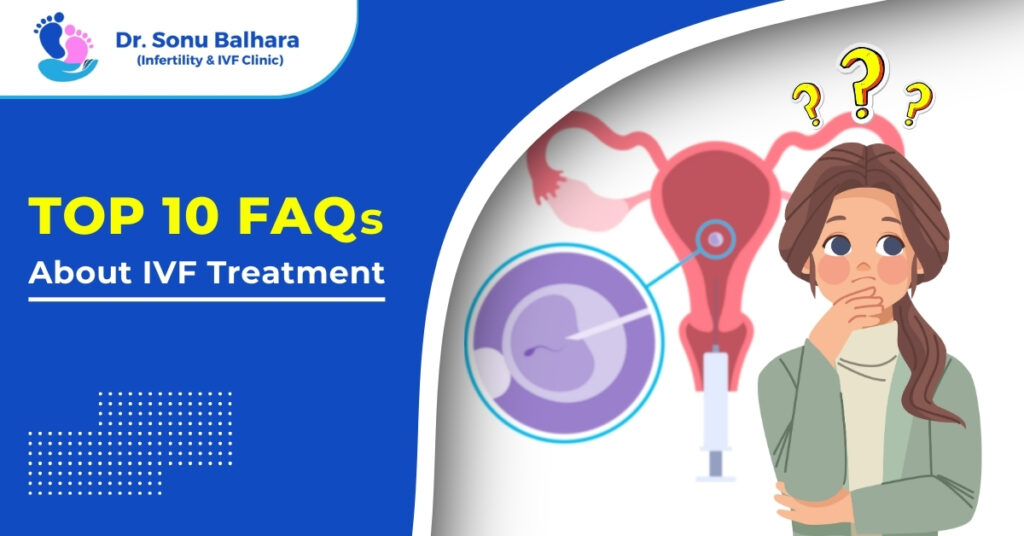The majority of couples looking for In Vitro Fertilization care have many questions and doubts about the process, its success rates, and what is in store during the procedure. To de-mystify IVF for you, we have put together answers to the top 10 questions asked.
1. What is IVF and how does it work?
IVF is a fertility treatment whereby eggs are retrieved from the ovaries and, in a lab, fertilized with sperm. Results after such fertilization, or the embryo, is then transferred into the uterus. It’s commonly utilized when the couple fails to have children through the normal mode of sexual intercourse due to several problems in fertility.
2. To whom is IVF often prescribed?
It is usually recommended for individuals who fail to conceive for more than one year, having problems like tubal blockage, male factor infertility, or a primary unexplained problem. It can be applied to the case of older women or those couples with genetic disorders.
3. How long does the process of IVF take?
The full IVF cycle takes approximately 4-6 weeks from the beginning of ovarian stimulation to the transfer of embryos. The duration differs as the patient is customized and followed up with every case, thus providing the maximum possibility of success.
4. Success rates with IVF?
Another aspect is that success rates are governed by several factors: for example, the patient’s age and health status and the type of fertility problem being treated. Usually, women under 35 have a better success rate than those women over 40. In our IVF clinic, Dr. Sonu Balhara utilizes advanced technology to deal with patients of all ages groups.
5. Is IVF painful?
Even though it requires injections and procedures like egg retrieval, the discomfort is generally bearable. Patients usually have egg retrieval under sedation; immediately after, they suffer slight cramping.
6. How many embryos are transferred during IVF?
The number of embryos to be transferred would depend on the age and quality of embryos. However, the number should be low enough so that the chances of a multiple pregnancy are minimal. In general, a single or two embryos are transferred. Each case is discussed with the patient by the doctor regarding the strategy.
7. Does IVF result in a pregnancy?
While IVF, as is well known increases the chances of getting pregnant, it also doesn’t guarantee success. The latest developments in IVF techniques, for example genetic screening increase the possibility of a healthy pregnancy. The doctor’s clinic, in this case, is famous for its customized approach, optimizing every chance to bring out success.
8. What are the risks associated with IVF?
IVF is generally a safe process, but no medical practice is completely risk-free. Some risks are ovarian hyperstimulation syndrome, OHSS, or having multiple pregnancies. The risk of these complications may be minimized if the patient is closely monitored.
9. What lifestyle changes do I need to make when going through IVF?
The lifestyle should be kept healthy during IVF. The couple is asked not to smoke, restrict alcohol consumption, lower their stress levels, and keep their diet well balanced. Our team provides detailed guidance on optimizing health throughout the treatment process.
10. How much does IVF cost and are there financing options?
Now, cost varies from individual to individual and may be greatly based on your treatment plan at the clinic. IVF cost at our clinic is clearly explained with the facility of financing, making this procedure achievable for all the couples.
Conclusion
IVF is a miracle treatment for infertile couples. We hope these most frequently asked questions clarify and give them confidence to those planning to undergo this treatment. If you still have more questions or want to explore your fertility options, get in touch with the best IVF doctor in Gurugram, Dr. Sonu Balhara, for a consultation!

